FOR Amaan Ali Bangash, being on stage is a deeply spiritual and extraordinary experience.
Having begun his musical journey at the age of 10, the sarod maestro describes performing as a “beautiful blank feeling,” where he hopes a higher power uses him as a vessel through which music flows. Reflecting on this spiritual connection, he explained, “When I’m on stage, facing the audience and seeing those eyes looking at me, I see God in those eyes. That’s the respect I have for my audience. I’ve never taken them lightly; I approach them with the utmost respect and seriousness.”
The world-class performer will be part of an outstanding line-up at this year’s Darbar Festival, which returns to the Barbican in London from next Thursday (24) to next Sunday (27), celebrating the best of Indian classical music.
Amaan has delivered remarkable concerts alongside his legendary father, Ustad Amjad Ali Khan, and his talented brother, Ayaan Ali Bangash. However, this time, he will showcase his skills as a solo performer. For Amaan, solo performances offer an opportunity to express his individuality as both a musician as well as a performer.
“You have to carry the entire performance on your own. It’s enjoyable because there are no creative distractions, but at the same time, it’s more nervewracking. The stage is entirely yours, and there’s no one else to share the responsibility with. I love playing solo, but I miss looking to my left or right and seeing my family there,” he said.
Amaan is excited to be part of this year’s Darbar Festival, which he sees as a globally respected event that showcases the best in classical Indian music, while also providing opportunities for newcomers to display their talent. “Everyone looks forward to it because it attracts a genuine, beautiful audience,” he said. He also praised festival director Sandeep Virdee and his team for their dedication. “They do it with so much love and respect, and the warmth they receive from the audience is amazing.
“So yes, I’m really excited and hopeful that we all have a wonderful time. Darbar is an excellent presenter of Indian classical music, and I couldn’t be happier to be a part of it.”
The master of his craft sees each performance as unique, and at this year’s Darbar Festival, his focus is on pure music. He avoids amplification for his instrument, relying on acoustic mics to preserve the sarod’s natural sound. His performance will feature traditional ragas.
Bangash with his father Ustad Amjad Ali Khan and brother Ayaan Ali Bangash“There will be a serious raag, one that emphasises melody, and another that brings a lighter mood. I’ll incorporate different taals to create variation, avoiding repetition so the performance doesn’t feel stuck in the same rhythm or pace. The compositions will include pieces from my grandfather, Ustad Hafiz Ali Khan Saab, and my father, Amjad Ali Khan Saab, along with music inspired by them and other great sarod players from the world of Indian classical music.”
He aims to honour the depth and versatility of the sarod, bringing out its various flavours during his performance. He feels privileged to be part of a festival where “the greatest of greats” have performed, and rather than succumbing to pressure, he chooses to enjoy the music. He recalled advice he received from a legendary tabla player at the age of 18: “He told me, ‘Amaan, let’s go have fun on stage.” At the time, I didn’t understand why he wanted me to be so relaxed. But now I get it. It’s not about the one hour you perform on stage – it’s about the 23 hours of work you’ve done before that.”
Amaan believes festivals like Darbar play an essential role in preserving and promoting Indian classical music by connecting artists with appreciative audiences. He praised the organisers for offering opportunities to artists from all walks of life, whether they are legends or emerging talents.
“As long as there’s beautiful music to offer, Darbar gives them a platform. Festivals like this are vital for the growth and future of Indian classical music. It’s a gift to the music world.”
For Amaan, the sarod is more than just an instrument – it is deeply personal, reminding him of his father, Ustad Amjad Ali Khan. He describes the sarod as one of the most challenging instruments because it demands such precision. “Even visually, it stands out as a difficult instrument. It has no frets, and you have to play it with the edge of your nail, which requires even more precision.”
The sarod, Amaan explains, embodies all emotions, from love and sadness to anger and sweetness, and is very close to the human voice in its expression. He is proud to be associated with the instrument, saying, “My dream in life is simple: while one cannot become Ustad Amjad Ali Khan, if a book is written 500 years from now about the sarod, I would be happy if there was just one line that said, ‘He was a hardworking sarod player.’ That would be enough for me. The sarod has given me everything – my recognition, the love of people.
No friend or person has given me what the sarod has. To me, if I were to envision God in a physical form, it would be in the form of my sarod.”
When asked which other instrument he would love to master, Amaan chose the tabla, which he sees as being universal, deeply connected to the rhythm of life.
He has performed at some of London’s most prestigious concert venues and feels a strong connection to the city. He praised London for its cultural diversity and unity, saying, “I absolutely love London. The city is vibrant, with a diverse mix of people from all backgrounds, including Indians. The audience is beautiful, open-minded, and appreciative of the music.”
As a musician, Amaan draws inspiration from the people around him, including good human beings, friendly contemporaries, appreciative audiences, and loving promoters. “The way people present themselves and their attitudes are also inspiring. In my 25 years in this field, I’ve never differentiated between good, average, or bad musicians because everyone gives their best. It’s up to God and time to decide whether that effort is seen as good or bad.”
He is also deeply inspired by hard work, humility, and consistency, believing that these qualities reflect in a musician’s work. “No matter how skilled a person is, their mentality and nature come through in their music. If the heart and soul are pure, that purity will shine through. My mantra is simple: be humble, stay focused, and work hard.”
Darbar Festival runs from next Thursday (24) to next Sunday (27) at Barbican in London. www.barbican.org. uk www.darbar.org






 Priyanka Chopra calls herself nascent in Hollywood as 'Heads of State' streams on Prime VideoGetty Images
Priyanka Chopra calls herself nascent in Hollywood as 'Heads of State' streams on Prime VideoGetty Images  Priyanka Chopra wants to build her English film portfolio after Bollywood successGetty Images
Priyanka Chopra wants to build her English film portfolio after Bollywood successGetty Images 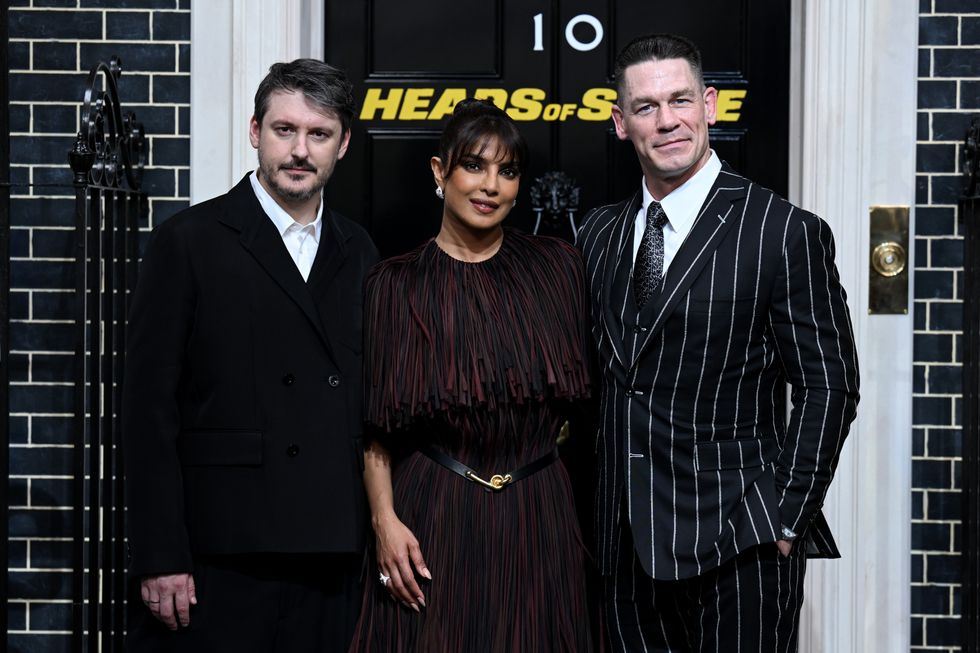 Ilya Naishuller, Priyanka Chopra and John Cena attend the special screening for "Head of State" Getty Images
Ilya Naishuller, Priyanka Chopra and John Cena attend the special screening for "Head of State" Getty Images








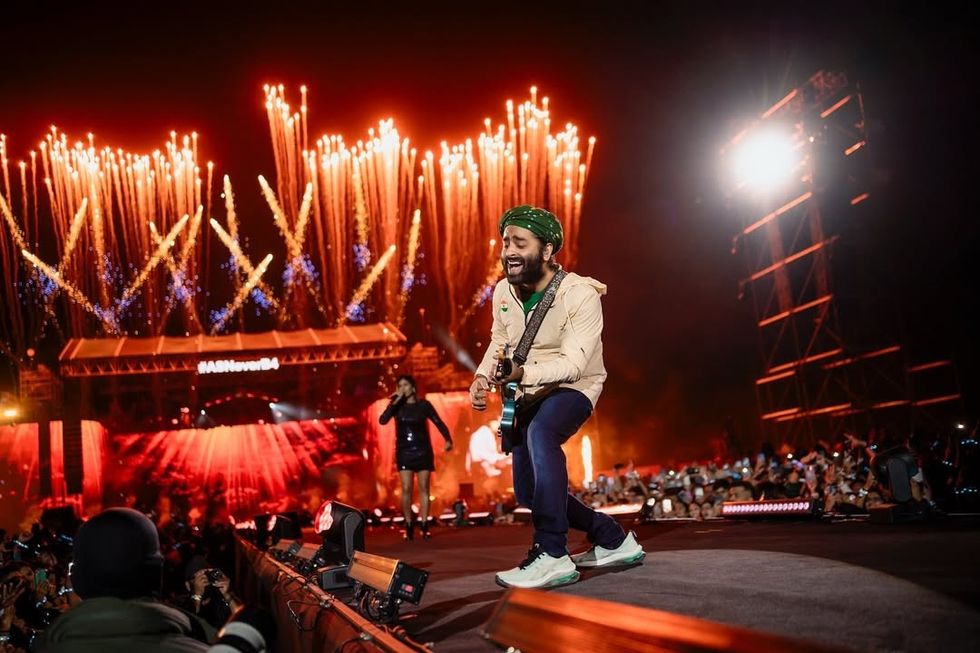 Arijit Singh performing Instagram/
Arijit Singh performing Instagram/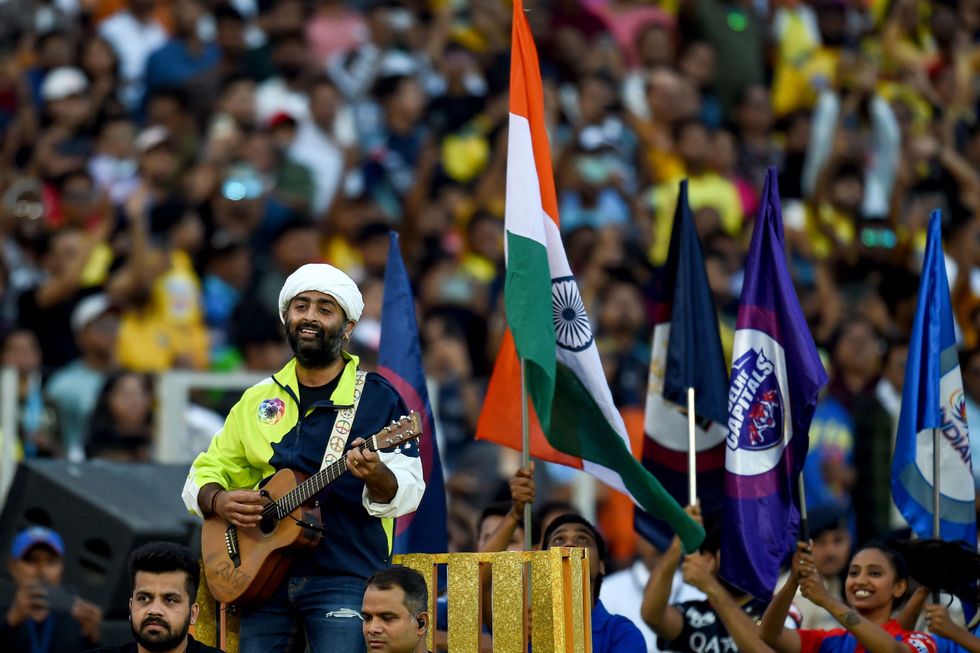 Arijit Singh clicked during a performance Getty Images
Arijit Singh clicked during a performance Getty Images 


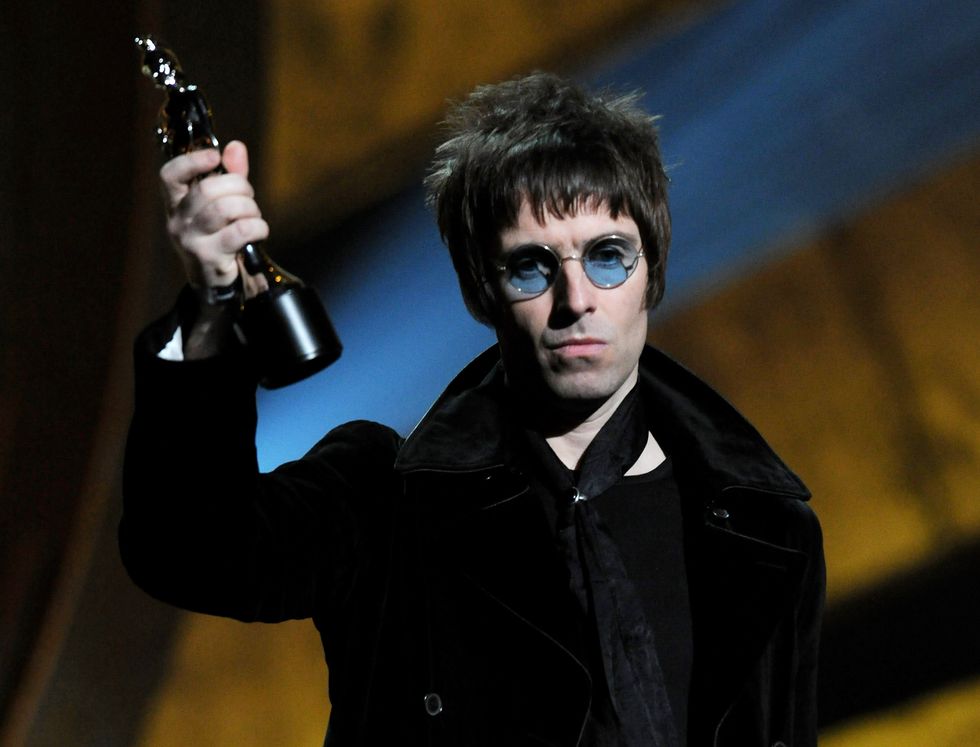 Liam Gallagher accepts Oasis' award for 'Best Album of 30 Years' Getty Images
Liam Gallagher accepts Oasis' award for 'Best Album of 30 Years' Getty Images  Liam Gallagher plays to a sell out crowd at the Universal AmphitheatreGetty Images
Liam Gallagher plays to a sell out crowd at the Universal AmphitheatreGetty Images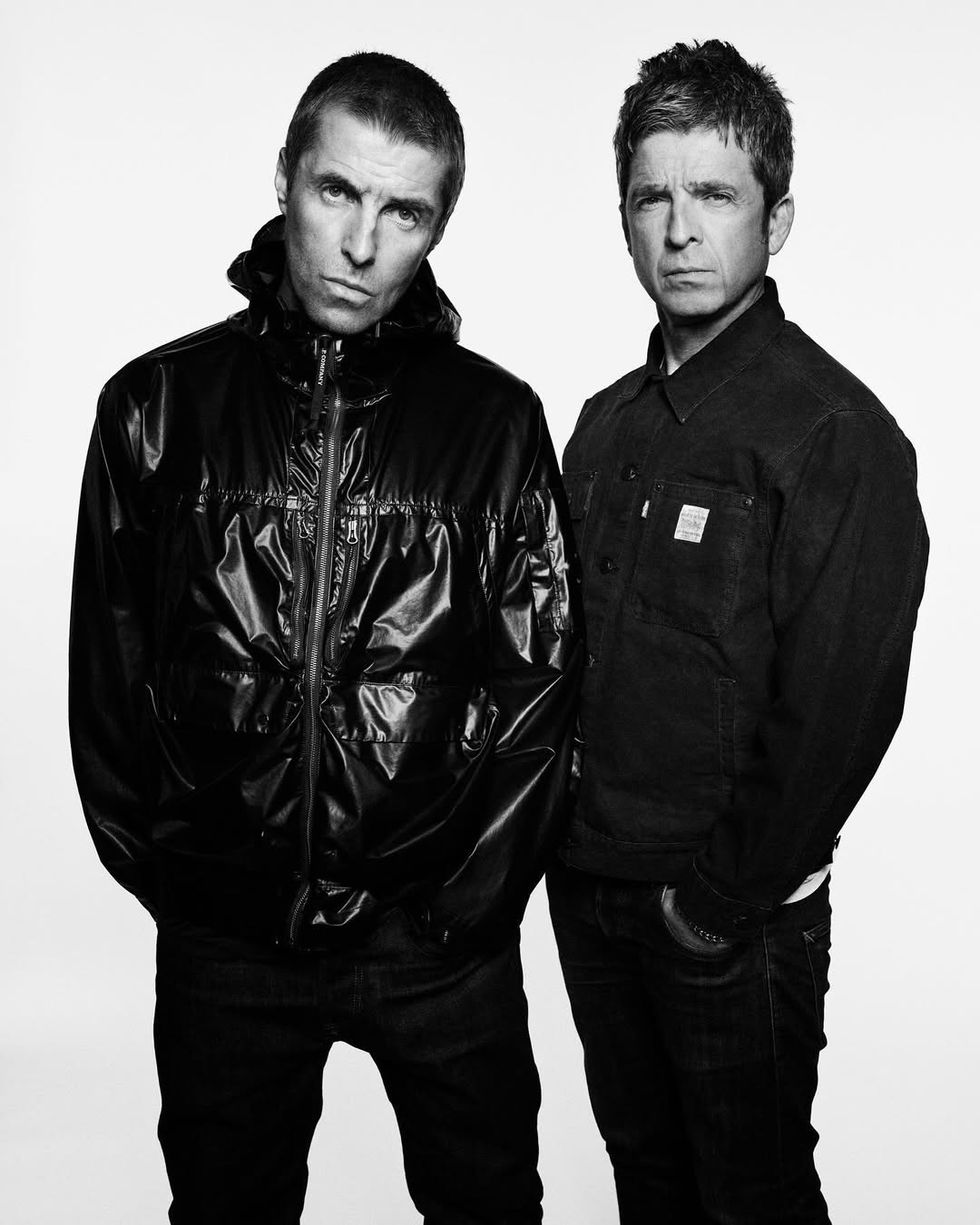 Liam and Noel Gallagher perform together in Cardiff for the first time since 2009 Instagram/oasis
Liam and Noel Gallagher perform together in Cardiff for the first time since 2009 Instagram/oasis